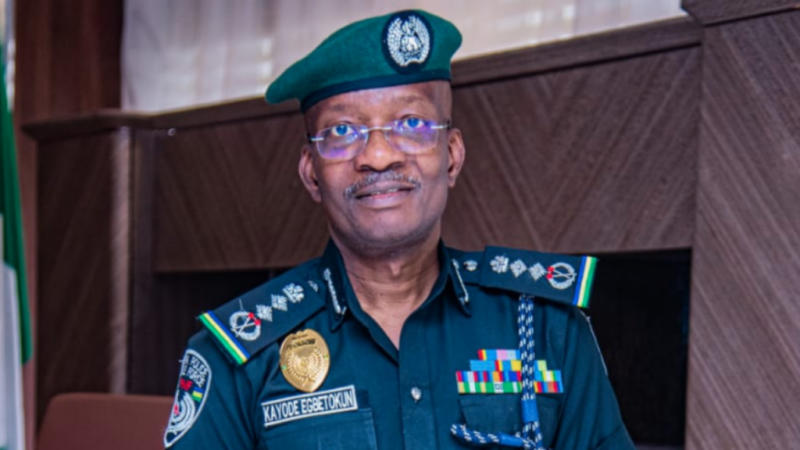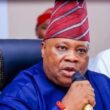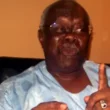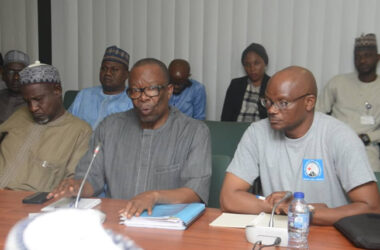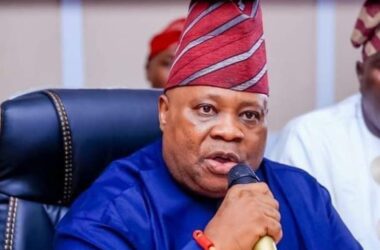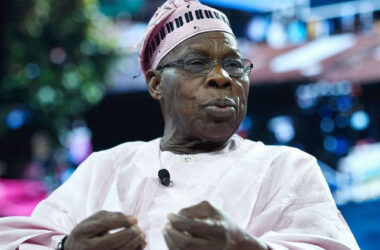The Inspector General of Police, Kayode Egbetokun, and the Conference of Speakers of State Houses of Assembly stood on opposite sides on Monday as discussions around the creation of state police heated up in Abuja. The divergence in opinion came during a constitution review dialogue focused on Nigeria’s national security.
The session, themed “Nigeria’s Peace and Security: The Constitutional Imperative,” was organised by the House of Representatives Committee on Constitution Review in partnership with the Office of the National Security Adviser. The event brought key stakeholders together to evaluate how Nigeria’s security framework could be improved through constitutional amendments.
Egbetokun repeated his belief that what the Nigeria Police Force urgently needs is not decentralisation, but better funding and stronger support at the federal level.
He cited constitutional provisions, particularly Section 214(1) of the 1999 Constitution, which establishes the Nigeria Police Force as the sole national law enforcement body. Section 215(1), he noted, gives operational command to the IGP, under the supervision of the President and the Police Council.
Speaking on proposals to create state police, the IGP said, “Let me state unequivocally that the National Police Force acknowledges the rationale behind the demand for state police… However, our assessment based on current political, institutional and socio-economic realities suggests that Nigeria is not politically prepared for the initialisation of police powers at the state level.”
Egbetokun raised concerns about the nation’s ability to handle state-controlled security forces, pointing out that inter-agency collaboration is already difficult under the current structure. He said unclear chains of command in joint operations and a lack of a constitutional framework for intelligence sharing have created gaps that weaken security response across the country.
He noted further challenges, including the vague roles of border security and the absence of clear support for community and subsidiary policing models within the constitution.
In response, Debo Ogundoyin, Chairman of the Conference of Speakers, disagreed with the IGP’s stance and pushed for state policing, calling it both necessary and inevitable.
“As the speakers of the Houses of Assembly nationwide, we know exactly where the shoes pinch when it comes to security because we all face different types of insecurity in our various states,” Ogundoyin said.
He added that the current centralised system is no longer adequate, stressing that state governments need the authority to respond directly to the threats facing their communities. “It is now evident that a centralised policing structure, no matter how well-intentioned, has become overstretched,” he noted.
Ogundoyin also addressed concerns about potential misuse of state police powers, saying that while the risks are real, the benefits of localised security outweigh the drawbacks when properly regulated.
He called for more than just new police formations, urging for better inter-agency coordination, improved training and welfare for officers, and updated laws to deal with modern threats like cybercrime and terrorism.





